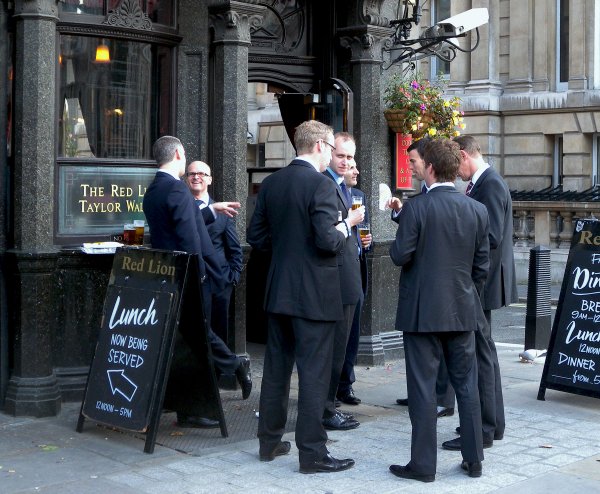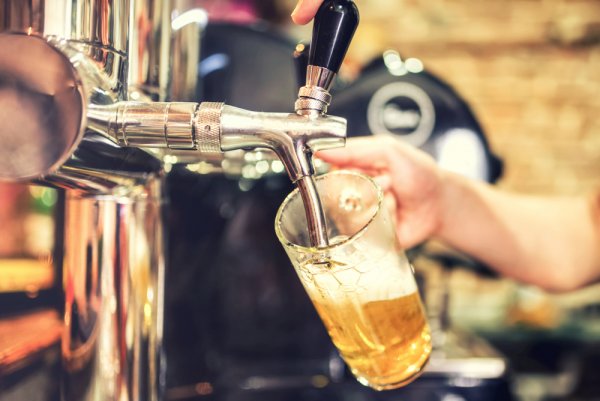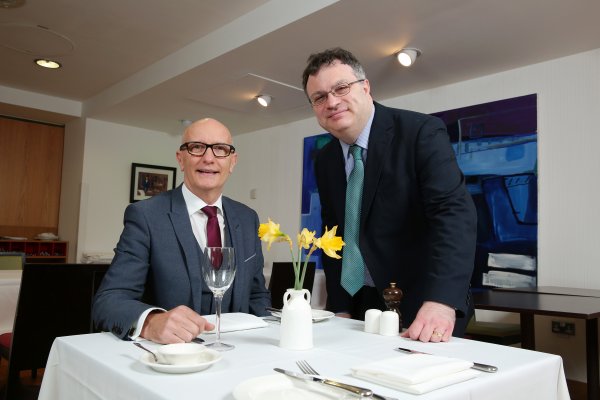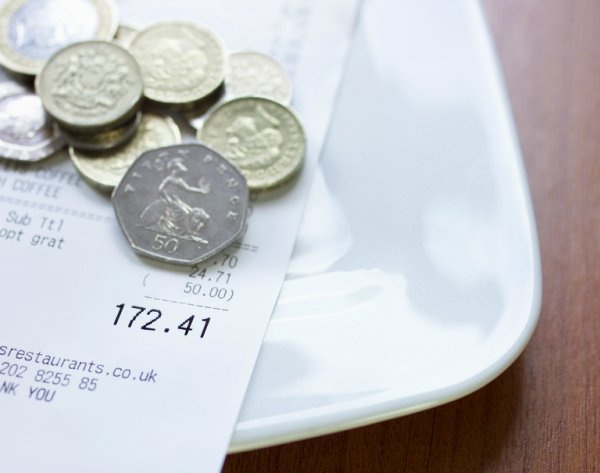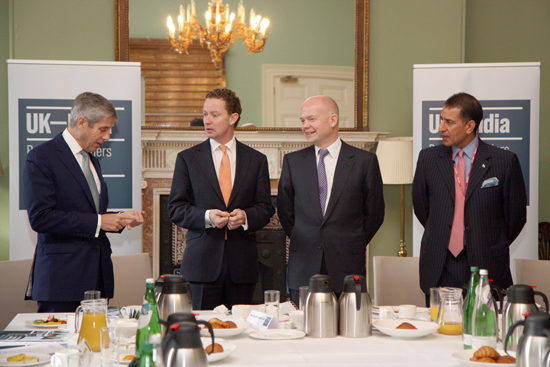Business Culture: Business Entertaining
Activities
Pub culture is pervasive throughout the United Kingdom, and because the British are known to be exceptional hosts, an after-business-hours invite to a local businessperson's local (short for someone's preferred pub) to quaff a few pints is as ubiquitous in the UK as fish and chips, which are also served at most pubs. In addition to pub visits and dining, invitations might also be extended for football matches, sightseeing tours, weekends at country estates, or an evening at the theater, which is a popular outing in the UK, especially in London. Whatever the outing, the foreign business traveler can be assured that it will exude sophistication and social grace—with the exception of football matches, as they can get quite rowdy.
Although dinner invitations are quite possible, being invited to lunch by a UK businessperson is more the norm, as business lunches are viewed as extensions of business meetings. The choice of venue for either lunch or dinner will vary from the aforementioned informal pub to an elegant gourmet restaurant, depending on the importance placed on the business opportunity you represent.
Contrary to popular belief, most cities in the UK have a host of quality restaurants that serve contemporary gourmet cuisine. London is a world-class city with every type of restaurant under the sun—or fog, depending on the day. You can find virtually any type of cuisine here, and you can never go wrong with fish and chips. If it is traditional British cuisine you crave, you can expect to find roast beef, roast chicken, lamb chops, Yorkshire pudding, steak and kidney pie—and curry, an adopted food that is of the most popular dishes eaten in Britain today. Foreign visitors might also be invited to afternoon tea, a time-honored tradition that usually consists of tea, light sandwiches, scones, clotted cream, cakes, and pastries.
Etiquette
Punctuality is important in the UK, so you should always arrive on time to any social engagement. If invited to dinner, keep in mind that discussing business at the table is rare, whereas at lunch, it is expected. At lunch, alcohol will usually be offered, but you are under no obligation to drink, and should only partake if your host does. However, at dinner you can expect alcohol consumption, and even a small amount of pressure to imbibe. If at the pub, you will be expected to pay for at least one round of drinks for the entire group, which will be reciprocated.
Whether it's lunch or dinner, the host is expected to pay. If you are the host and your guest offers to contribute to the bill, they are most likely doing it to be polite and will not be expecting you to actually take them up on their offer. If invited to someone's home, which is common in the UK, it is appropriate to bring a gift of flowers, chocolates, or a quality bottle of wine.
To avoid inadvertently offending your hosts, always remember that "British" can mean someone who is from England, Scotland, Wales, or Northern Ireland, but "English" means someone from England. People from Scotland are known as "Scottish," and people from Wales are known as "Welsh." Those from Northern Ireland or Ulster are sometimes called "Irish," but the politically correct term is "Northern Irish." "Irish" generally refers to the people of the Republic of Ireland, which is not part of the United Kingdom.
Article written for World Trade Press by Dale Patrick Myers.
Copyright © 1993—2024 World Trade Press. All rights reserved.

 United Kingdom
United Kingdom 